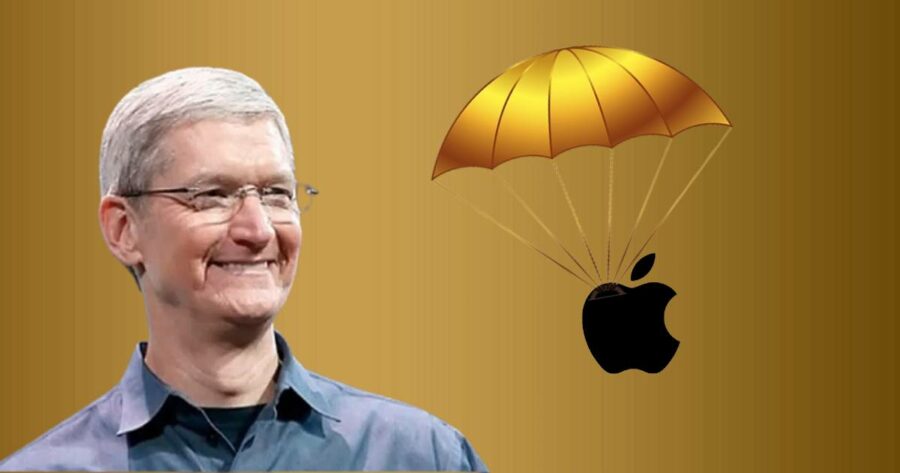Apple CEO Takes Pay Cut From $99M Yearly To Only $49M
- TDS News
- Business
- Technology
- Trending
- January 14, 2023

Apple CEO Tim Cook recently announced that he would be cutting his salary from $99.4 million per year to $49 million. This decision has been met with mixed reactions, with some praising Cook for his willingness to take a pay cut, while others argue that even $49 million is still excessive.
On the one hand, it is commendable that Cook is willing to reduce his salary by half. This move shows that he is willing to make sacrifices for the benefit of the company and its shareholders. Additionally, Cook has a long history of philanthropy and has made significant donations to charitable causes throughout his career.
However, it is important to note that $49 million is still an incredibly large amount of money, especially when compared to the average salary of a typical worker. According to the Bureau of Labor Statistics, the median salary for a full-time worker in the United States is just over $40,000 per year. This means that Cook’s salary is still more than 1,200 times the median salary.
Furthermore, there are concerns that Cook’s salary reduction could be seen as a publicity stunt, rather than a genuine effort to address income inequality. Some argue that Cook and other highly-paid executives should be doing more to address this issue, such as advocating for higher taxes on the wealthy or supporting policies that would increase the minimum wage.
It is also worth noting that Cook’s salary reduction comes at a time when many Apple employees are struggling financially. The COVID-19 pandemic has had a significant impact on the economy, and many people have lost their jobs or seen their incomes reduced. In this context, it may be difficult for some to understand why Cook would need such a large salary, even after cutting it in half.
The issue of the pay gap between CEO’s and employees is a complex and multifaceted one. On one hand, it is important to acknowledge the hard work and dedication that goes into running a successful company. However, it is also important to recognize that the pay gap between CEO’s and employees has grown significantly in recent years, and this trend is not sustainable for the long-term health of our economy.
To address this issue, it will be important for companies to be more transparent about their pay practices and for policymakers to consider implementing policies that would close the gap. This could include increasing taxes on the wealthy, supporting policies that would increase the minimum wage, and implementing regulations that would make it more difficult for companies to pay their CEO’s exorbitant salaries while neglecting their employees. It is important to have a balance between reasonable compensation for CEO’s and fair treatment of employees, as this is a key determinant of the overall success of any organization.








